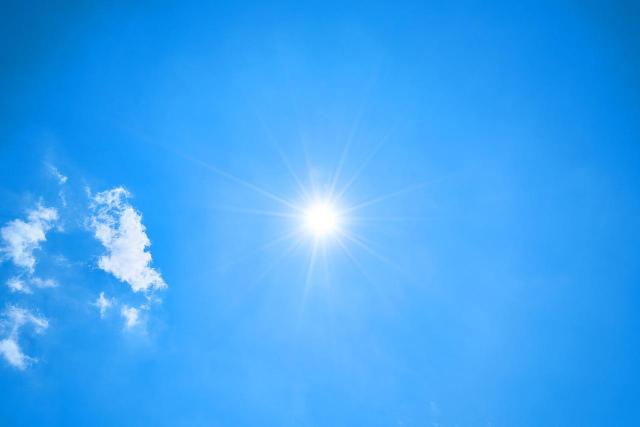 ALTON - With hot temperatures here, area health care professionals are offering advice to stay safe.
ALTON - With hot temperatures here, area health care professionals are offering advice to stay safe.
 Andrew Miller, MD, Chief of Emergency Services and Medical Director at Alton Memorial Hospital, warns that the hot temperatures may result in an increased risk of heat-related illnesses ranging from mild illness, to heat exhaustion, or heat stroke (most severe).
Andrew Miller, MD, Chief of Emergency Services and Medical Director at Alton Memorial Hospital, warns that the hot temperatures may result in an increased risk of heat-related illnesses ranging from mild illness, to heat exhaustion, or heat stroke (most severe).
Get The Latest News!
Don't miss our top stories and need-to-know news everyday in your inbox.
Risk factors that increase the likelihood of heat-related illnesses include a recent infection, dehydration, fatigue, poor sleep, obesity, and poor physical fitness. Use of caffeine, alcohol, or drugs such as cocaine or amphetamines also increase the risk.
Patients with mild illness may experience heat rash, heat swelling, cramps, thirst and increased sweating. Patients with heat exhaustion often experience dry mouth, thirst, heavy sweating, headache, dizziness, irritability, nausea, and generalized weakness.
Heat stroke, the most severe heat-related illness, is a true medical emergency and has two main types: non-exertional (or classical) and exertional. Non-exertional heat stroke is more common in the very young and the elderly, whereas exertional heat stroke generally affects young otherwise healthy individuals who engage in strenuous physical activity.
Signs of heat stroke include a temperature greater than 104°F, and neurological or mental status changes such as confusion, excessive sleepiness, loss of consciousness (called syncope), seizures, or even death. Patients may also experience headache, dizziness, abdominal discomfort, nausea, vomiting, diarrhea, difficulty breathing, cramping and weakness. Although patients with classical non-exertional heat stroke may show a lack of sweating, those with exertional heat stroke may actually have profuse sweating.
Heat stroke is considered a medical emergency, and anyone with signs or symptoms of heat stroke should be treated immediately. To avoid heat stroke, heat exhaustion, and other heat-related illnesses, Dr. Miller recommends the following:
• Avoid or limit your time in the sun.
• Use shade devices such as umbrellas when possible.
• Stay indoors if possible and use fans or air conditioning when possible.
• If you are experiencing symptoms, move to a cooler environment, rest, and drink plenty of fluids.
• When exercising, drink plenty of fluids that replenish salt.
• Avoid beverages that contain alcohol or caffeine.
• Wear loose-fitting clothing.
• Check on the elderly frequently as they are at increased risk.
• Be aware of medications that may interfere with sweating and thirst.
• Seek medical treatment immediately for any signs or symptoms of heat stroke.
More like this:
